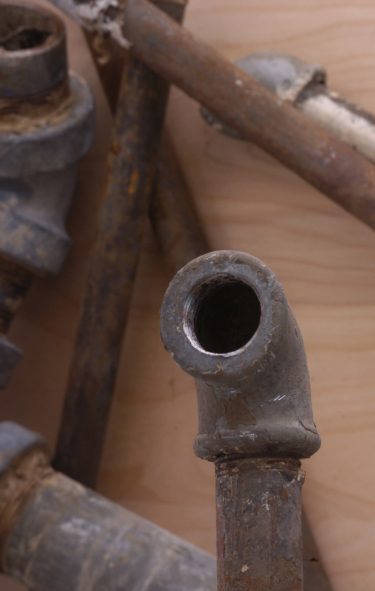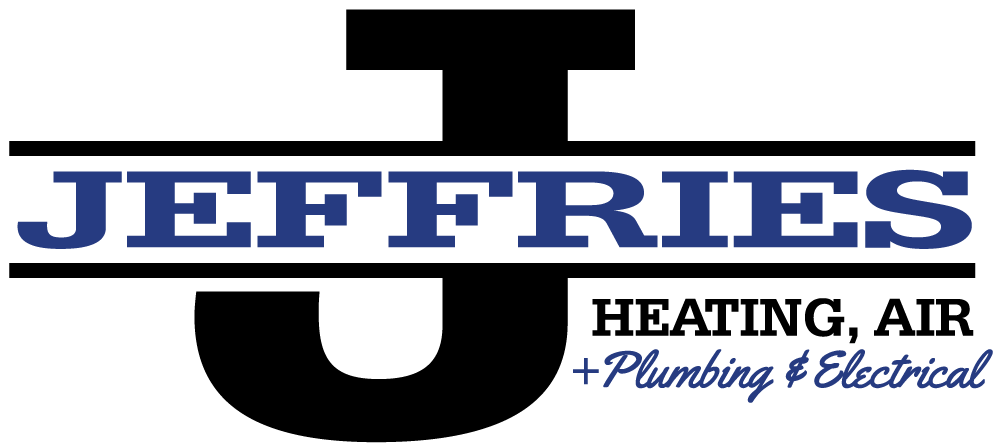Why Does My Furnace Have Rust?

Keeping your furnace in good repair is essential for getting the maximum efficiency and saving on your energy costs. You might have noticed that your furnace has rust on the outside or inside the ducts. This can lead to a serious problem, but why does it happen in the first place?
Why Does a Furnace Rust?
Rust is a type of oxidation that occurs when metal, oxygen, and water mix. Rust also occurs because of reactions between the gas byproducts of combustion and the metal on your furnace. Several issues, such as improper venting, can speed the rusting process and cause your furnace to wear out more quickly.
Another issue that can cause your furnace to rust more quickly is if your air conditioner is mounted above your furnace. Condensation from the air conditioner can overflow the catch-pan, or the draining mechanism can become clogged and cause water to drip onto the furnace. If this happens, both units will usually need to be replaced. If your furnace is located in a moist basement, it can also cause rust.
Why Is Rust a Concern?
The biggest concern over rust is that, eventually, it grows deeper over time. This causes the metal to crumble and can cause the components to weaken or develop holes. This might not be as important if it is just a bit of surface rust on the outside of the cover. Rust on important components, such as the heat exchanger, can cause it to weaken and fail.
Rust in your ductwork can cause it to develop holes. In this case, the warm or cool air is not reaching the areas where you want it. You might be inadvertently heating attics or crawlspaces instead of the room. Holes and leaks in the ductwork can cause inconsistent temperatures or cause your furnace to run longer to keep up.
Several other problems can be caused by the rust in your furnace. For instance, if your pilot light will not stay lit, it can be that the gas jet is clogged by rust that has flaked off. Rust can also accumulate around the burners and need to be cleaned or replaced.
If rust has become a problem with any component of your furnace, it is a sign that you are in for a repair bill at some point. Long before it breaks, rust will cause your furnace to run inefficiently. This will cause your heating bills to go up and can cause problems with it staying up to temperature. It is a good idea to do preventative maintenance to make sure rust does not cost you more money even before something major occurs.
When Is It Time to Replace Your Furnace?
A little rust on the outside of an old furnace should not be a concern. By the time the rust gets bad enough to replace your furnace, it is likely to have many other issues that warrant a new one before this time. If you have a newer furnace, rust can mean big problems. The rust is not the worst problem, and it is time to call a professional to see if a more serious issue exists.
What Can Be Done About Rust on the Furnace?
The biggest concern is not the rust on the outside that you can see but rust on the working components, most notably the heat exchanger. That is why routine maintenance is so important. During the course of an inspection, your technician will know if there is rust on components on the inside of the furnace. They will make recommendations for repair or replacement as they see fit.
In this case, a rusted part is bound to fail at some time anyway. Getting it repaired now can save you money because it could damage other parts when it breaks. If your furnace looks like it has seen better days, it is time to call a professional to have it inspected. Scheduling seasonal maintenance is the best way to make sure that rust does not get out of hand over time and to give you peace of mind that your furnace will work reliably.
Jeffries Heating & Air + Plumbing serves Somerset, KY, and the surrounding areas and specializes in HVAC installation, repair, and maintenance. We also provide expert plumbing and drain cleaning services. Our team can repair your garbage disposal, water heater, toilet, and provide many other services, so call us today to schedule an appointment.
